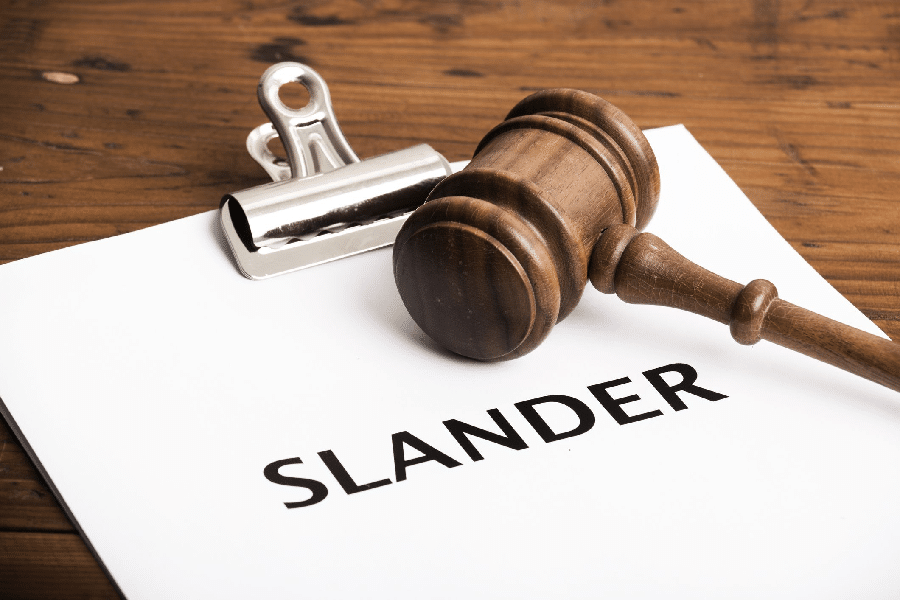You could file a defamation lawsuit if someone or a group made an offensive statement that harmed your reputation. It can also be against your organization, which caused a financial loss. However, you need to prove the elements of a defamation suit to get compensation for the damages.
Usually, there are two types of defamation, such as libel and slander. Libel is a written false statement, whereas slander is oral communication. Due to the popularity of the internet and social media, online defamation has become more widespread.
In this digital age, everyone needs to know all about internet defamation. Here you will learn how to file a defamation lawsuit. Before that, understand the different elements of a defamation suit.
Elements of a Defamation Suit
For a successful defamation lawsuit, you need to prove the statement made by the defendant is defamatory and harming your reputation. For that, you should know the elements of a defamation suit.
- The Statement is Defamatory
First of all, the statement must be defamatory. That means the statement tends to lower the reputation of you or your organization. However, courts treat every case with a different approach.
- The Statement is Harmful
Next, you need to show that the statement has harmed you in some way. For example, you lost your job due to a defamatory comment. Or the statement causes harassment. Due to the statement, you lost your reputation within your family or community. It caused a financial loss to your organization.
- The Statement is Published
Don’t think that the statement needs to be published, meaning it should be published via a press. That means a third person or party must have seen or heard the statement.
- The Statement Should be False
The statement should be false. If it’s true, it won’t be considered defamatory even if it harms your reputation. Moreover, it should be objectively false, which means the falsity of the statement should be proven.
- The Statement Need to Target You
The third-party must know that the statement is referring to you. That means the third party must identify you and believe that the statement is targeted at you. If you cannot show that the statement is targeting you, the lawsuit will be dismissed.
- The Statement Must Not be Under Qualified Privilege
Even if all the conditions are satisfied, it will not be considered defamatory if it falls under qualified privilege. That means, if a legislator said something false during a legislative debate, it falls under qualified privilege. Such statements will not be considered defamatory.
Now that you know the different elements of a defamation lawsuit, let’s know how to sue someone for defamation.
How to File a Defamation Lawsuit
It is quite similar to other lawsuits. Follow the below steps to file a defamation lawsuit against someone or a group.
- File a Complaint: Here, you need to draft a document detailing the lawsuit.
- Serving the Complaint: In this step, you have to serve the defendant about the state regulations and service rules.
- Discovery: It is a communication between you and the defendant after the service. Here you may need to show the documents that support your claim.
- Settlement Negotiation: This is where you decide whether you want to settle or opt for a trial. It’s better you follow the advice of the lawyers as they have experience with the processes.
The Bottom Line
Now that you understand what a defamation case is, you can file a lawsuit on your own. However, you should hire an experienced lawyer to deal with your case. You can use these tips to choose the right lawyer for any legal disputes.







